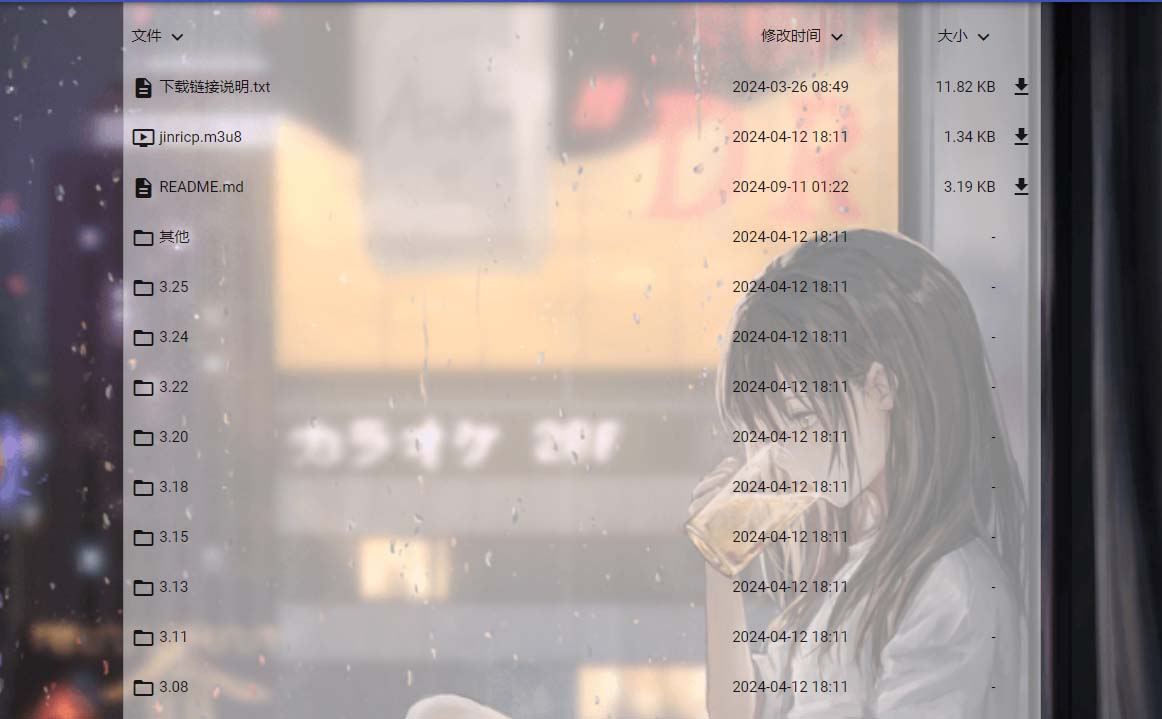
Python是一种解释型编程语言,非常适合于快速开发。在Python中,如果我们需要与窗口用户界面进行交互,我们通常会使用第三方库来创建窗口。这些库包括Tkinter、PyQt、wxPython等等。仅仅使用这些库,我们就可以轻松地创建各种类型的窗口,并在这些窗口内添加各种组件,如按钮、文本框、标签等等。
在Python中,窗口内的组件都是由句柄(也称为标识符或ID)控制的。这个句柄是一个唯一的整数值,它代表了窗口组件的实例。在大多数情况下,我们并不需要自己直接使用组件句柄,因为使用库提供的函数和方法可以轻松地访问和操作窗口组件。
然而,在某些情况下,我们需要了解和使用组件句柄。以下是一些常见情况:
1. 与非Python的应用程序交互:如果我们需要与非Python的应用程序交互,通常需要使用组件句柄来标识窗口中的组件,以便能够向它们发送消息。
2. 控制组件的大小和位置:使用组件句柄,我们可以通过操作组件的位置和大小来创建更具交互性的窗口。
3. 操作组件属性:组件句柄也可以用于操作特定属性,例如启用或禁用按钮,设置文本框的文本或更改标签的颜色等。
在Python中,我们可以使用各种库来获取窗口组件的句柄。下面是一些示例:
1. Tkinter库:在Tkinter中,我们可以使用组件对象的winfo_id()方法来获得组件的句柄,例如:
```
import tkinter as tk
# Create the root window
root = tk.Tk()
# Create a button and pack it into the root window
btn = tk.Button(root, text="Click me!")
btn.pack()
# Get the handle of the button
btn_handle = btn.winfo_id()
# Print the handle
print(btn_handle)
```
2. PyQt库:在PyQt中,我们可以使用组件对象的winId()方法来获取组件句柄,例如:
```
import sys
from PyQt5.QtWidgets import QApplication, QWidget, QPushButton
# Create the application
app = QApplication(sys.argv)
# Create a window and a button, and add the button to the window
window = QWidget()
btn = QPushButton("Click me!", window)
btn.move(50, 50)
# Show the window
window.show()
# Get the handle of the button
btn_handle = btn.winId()
# Print the handle
print(btn_handle)
# Run the application's event loop
sys.exit(app.exec_())
```
3. wxPython库:在wxPython中,我们可以使用组件对象的GetHandle()方法来获取组件句柄,例如:
```
import wx
# Create an application
app = wx.App()
# Create a frame and a button, and add the button to the frame
frame = wx.Frame(None)
btn = wx.Button(frame, label="Click me!")
sizer = wx.BoxSizer()
sizer.Add(btn, 1, wx.EXPAND)
frame.SetSizer(sizer)
frame.Show()
# Get the handle of the button
btn_handle = btn.GetHandle()
# Print the handle
print(btn_handle)
# Run the application
app.MainLoop()
```
总之,在Python中,窗口内的组件句柄可以帮助我们更好地控制和操作窗口UI。无论我们是与非Python应用程序交互、调整组件大小和位置还是操作组件属性,掌握组件句柄都是非常有用的。 如果你喜欢我们三七知识分享网站的文章, 欢迎您分享或收藏知识分享网站文章 欢迎您到我们的网站逛逛喔!https://www.ynyuzhu.com/


![最新版TikTok 抖音国际版解锁版 v33.8.4 去广告 免拔卡[免费网盘]](https://m.ynyuzhu.com/uploads/20240316/368374f292fe1b61eead785c71e11147.jpg)
发表评论 取消回复